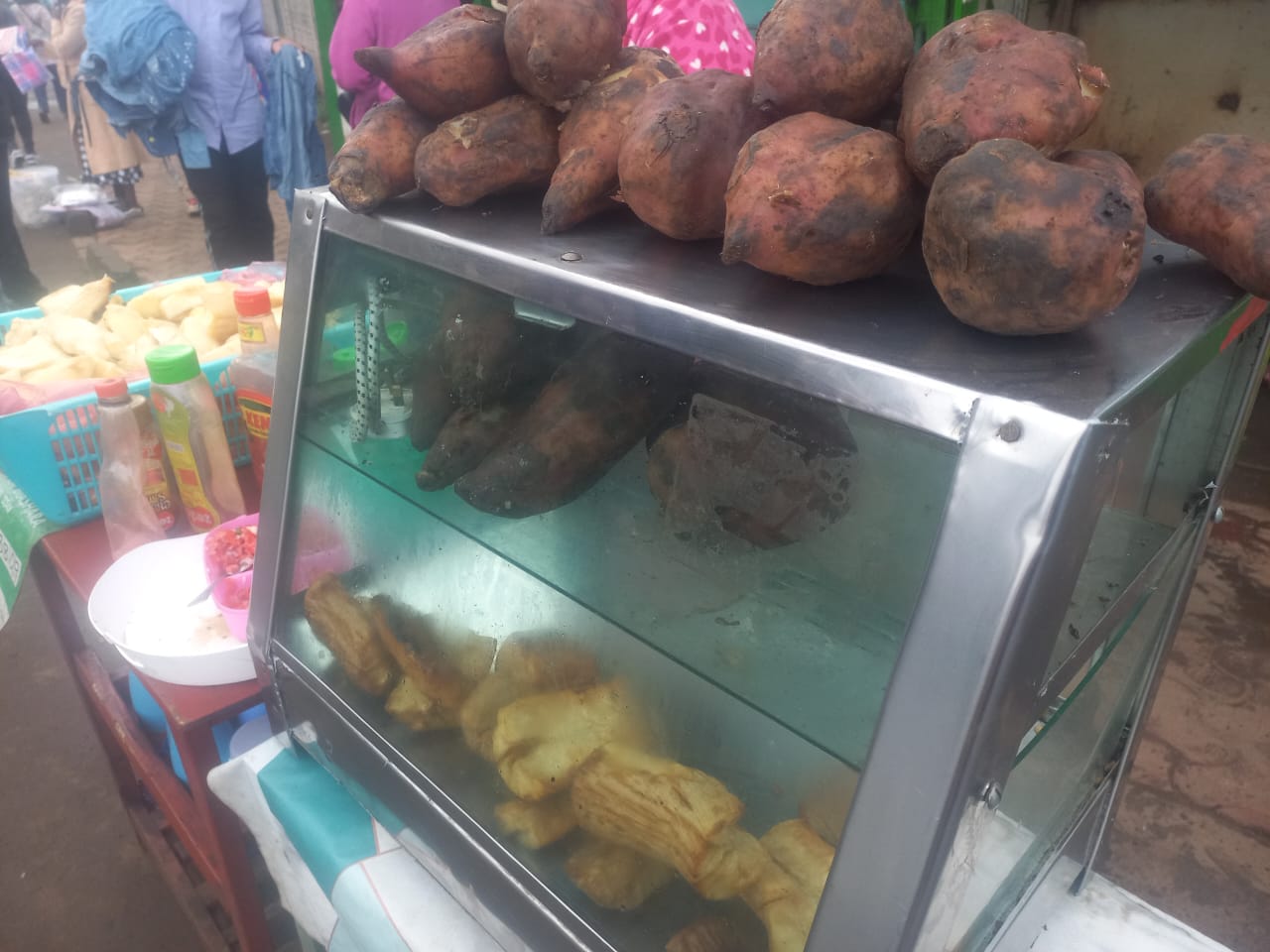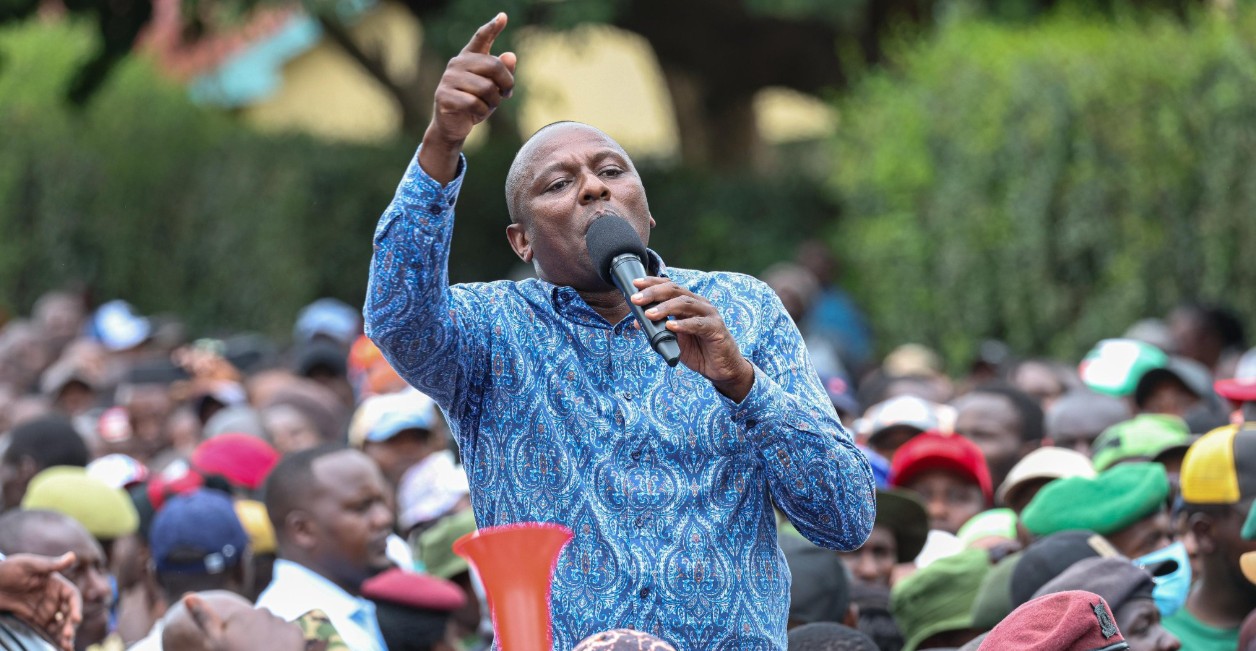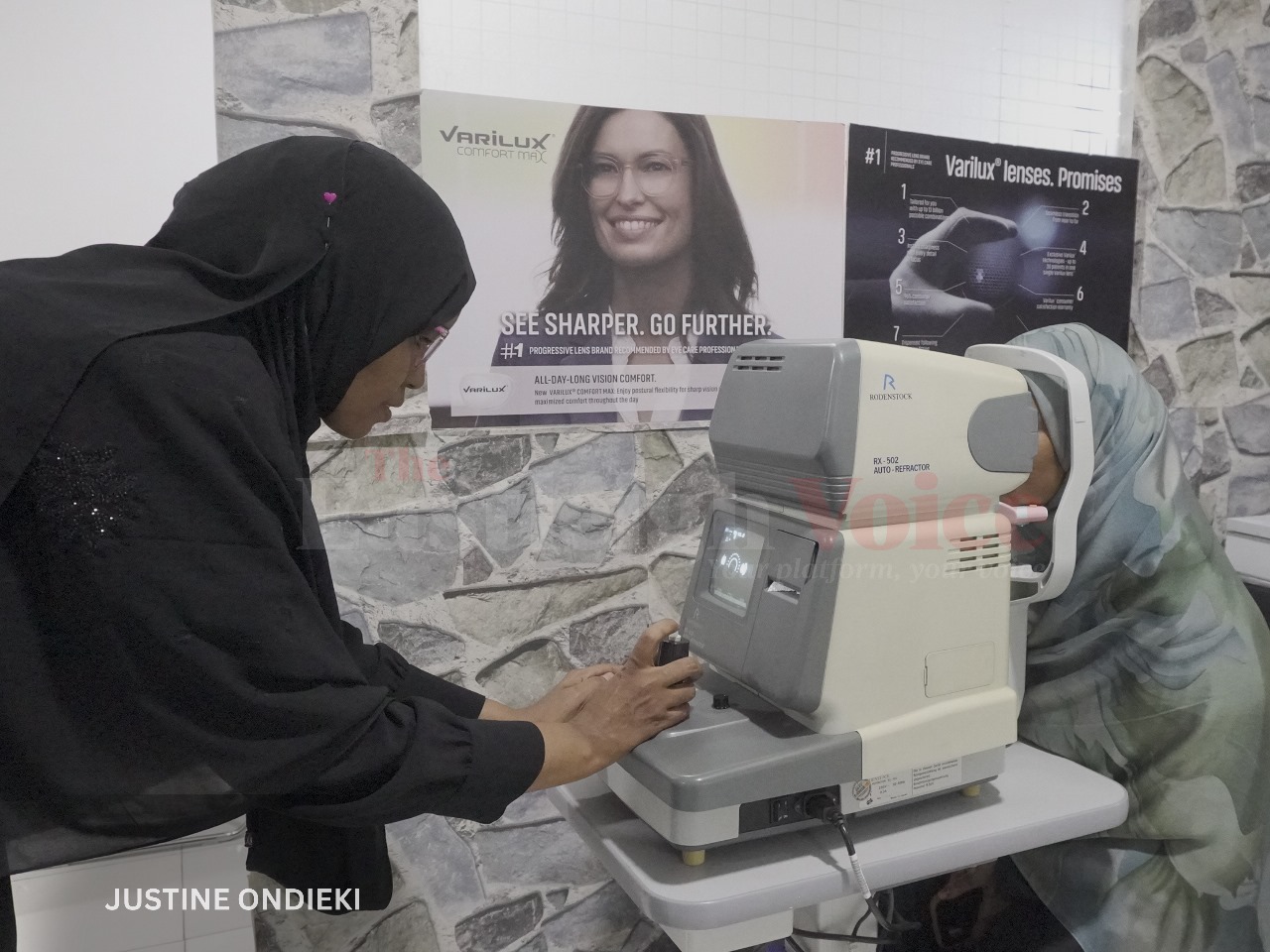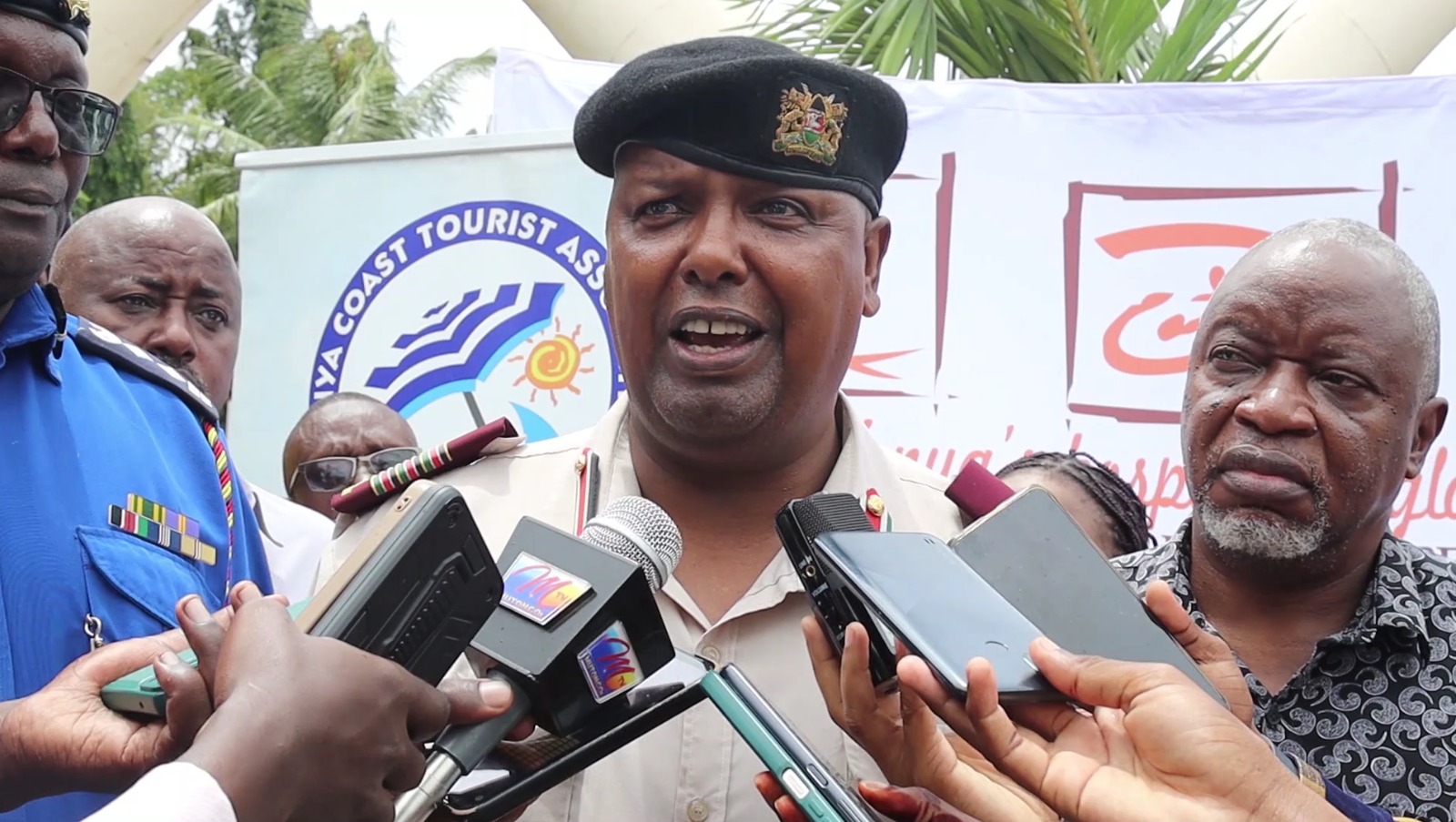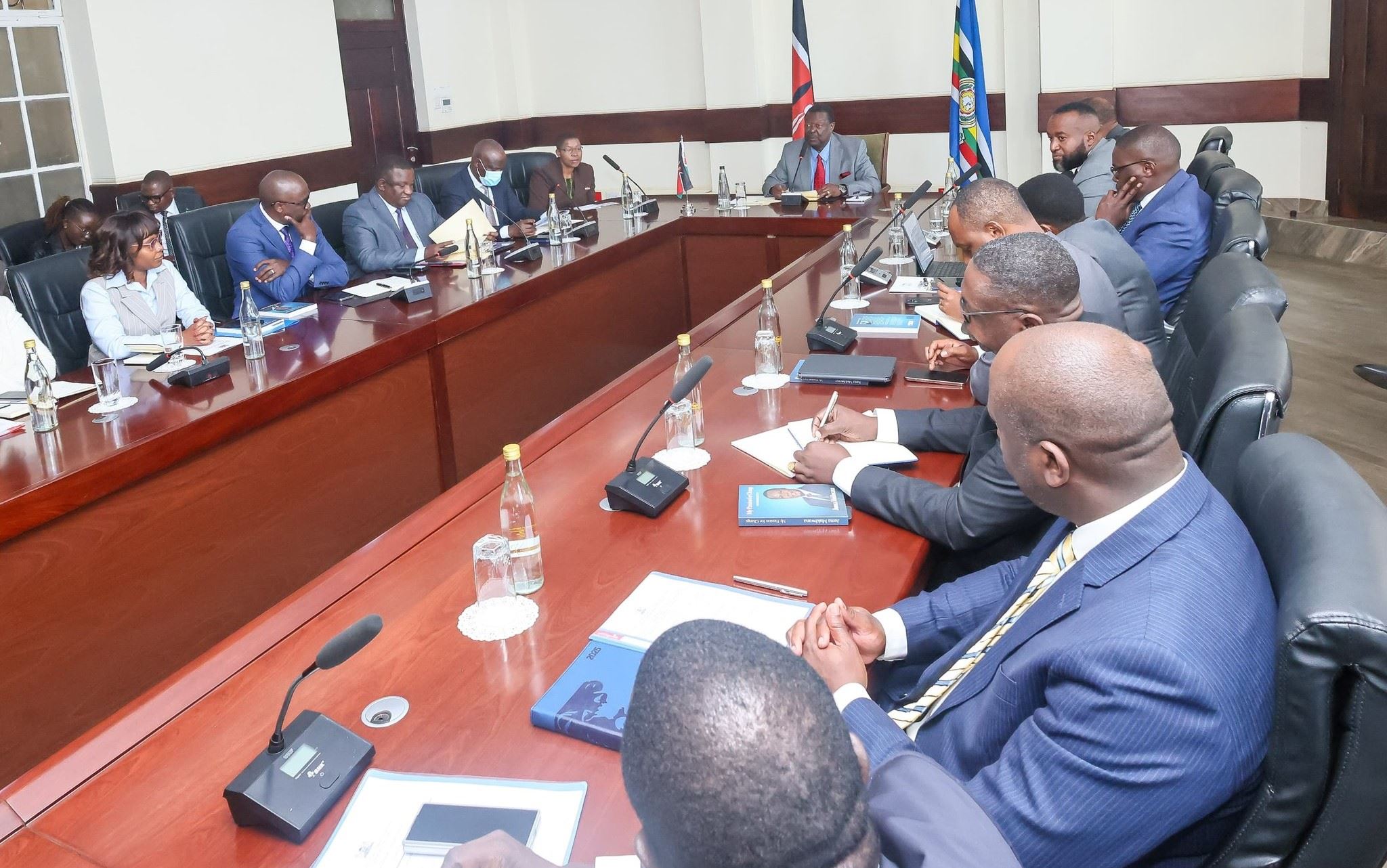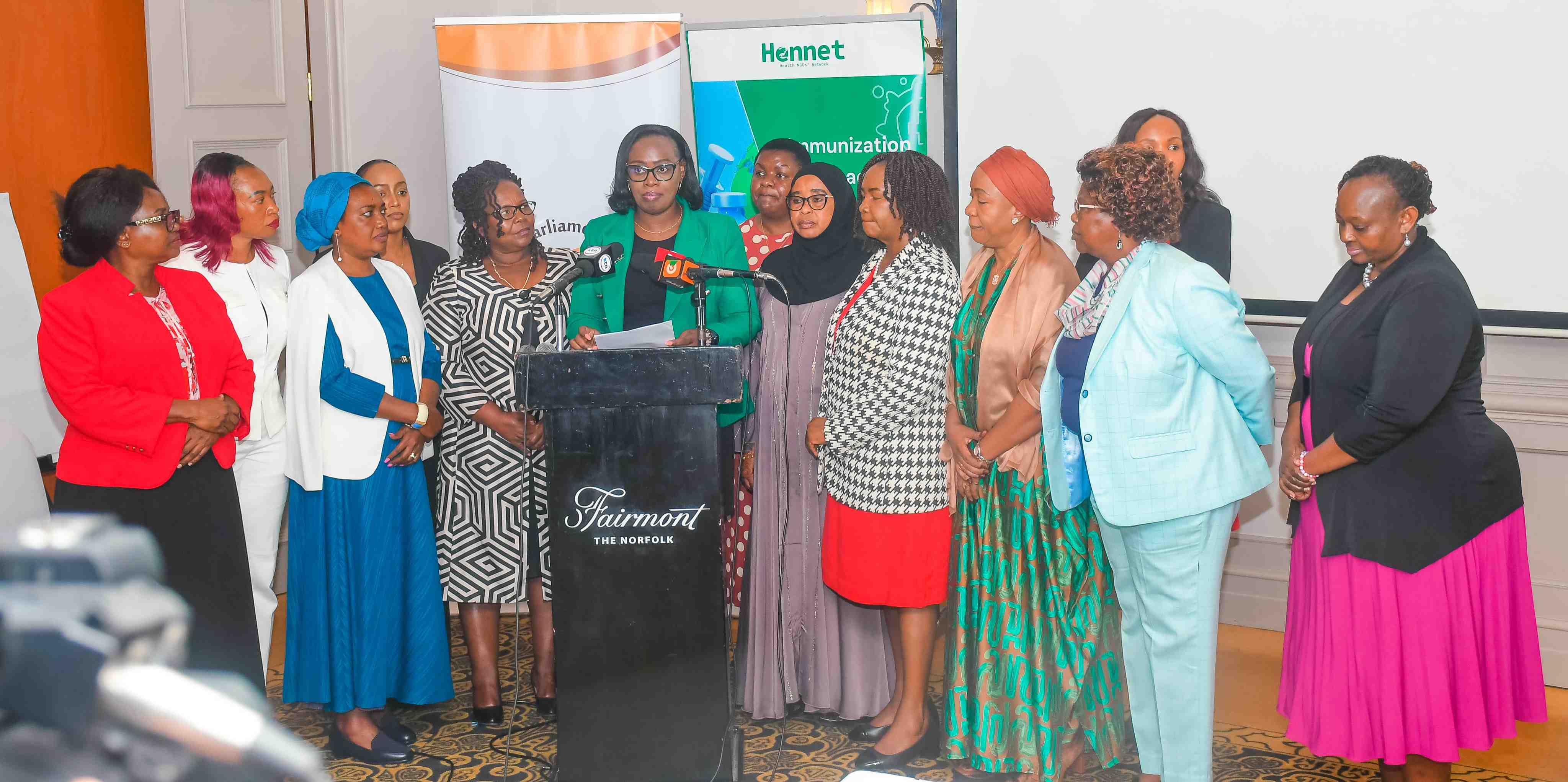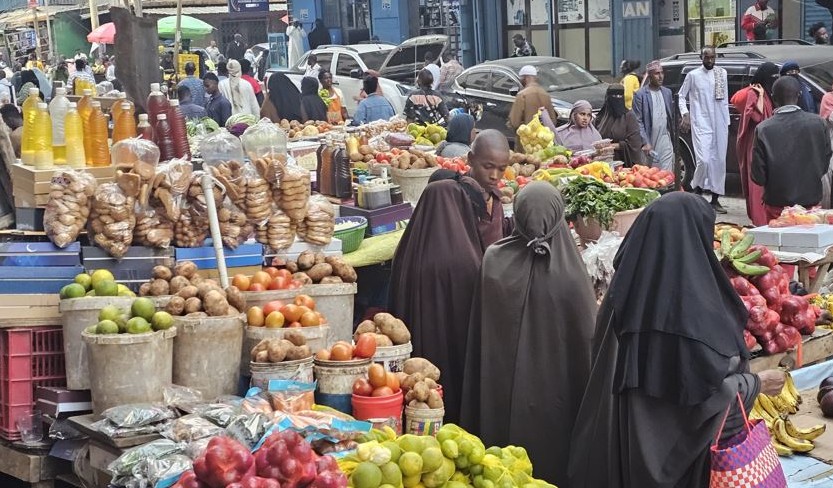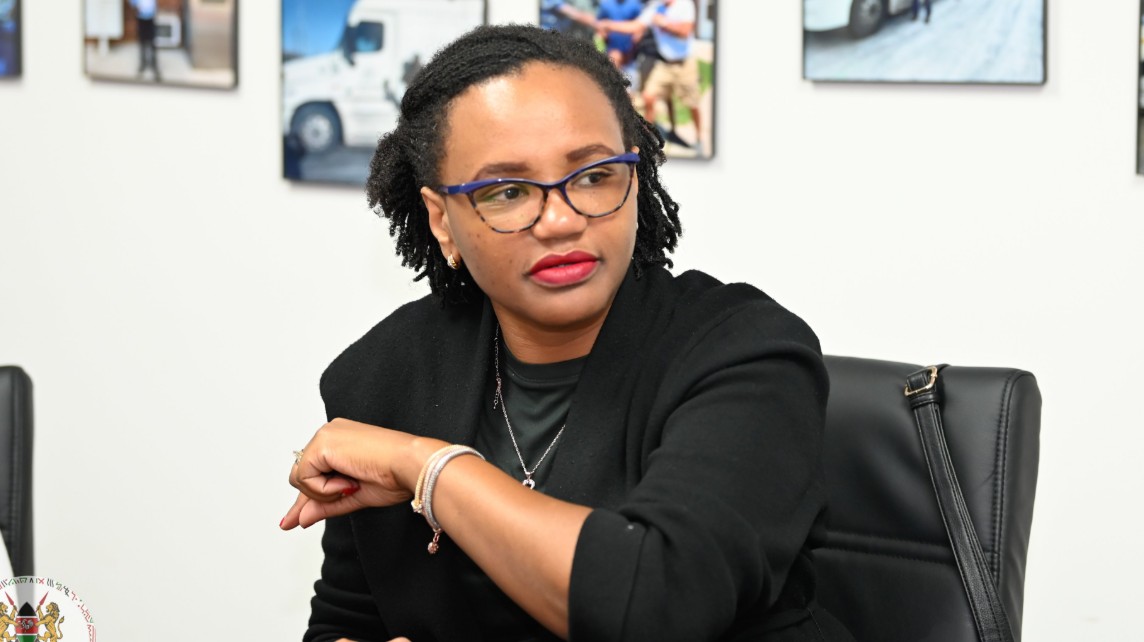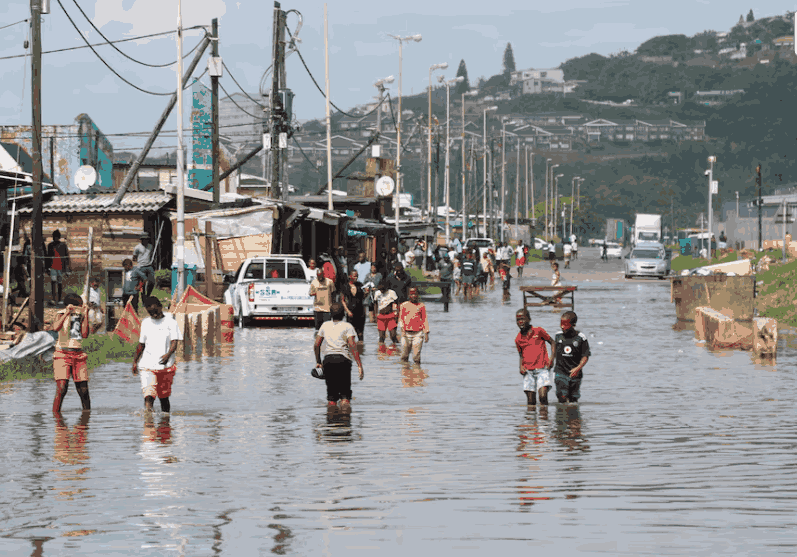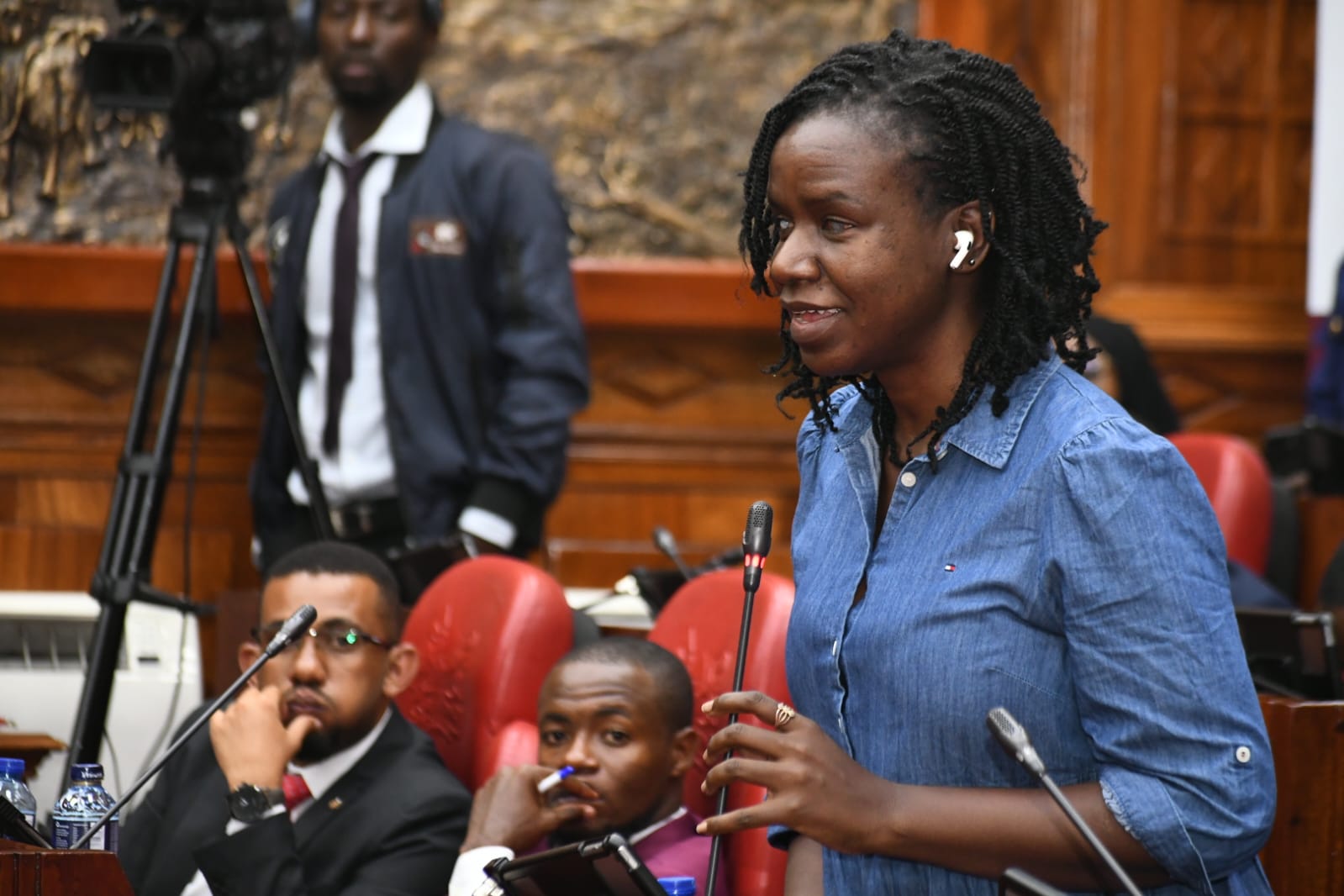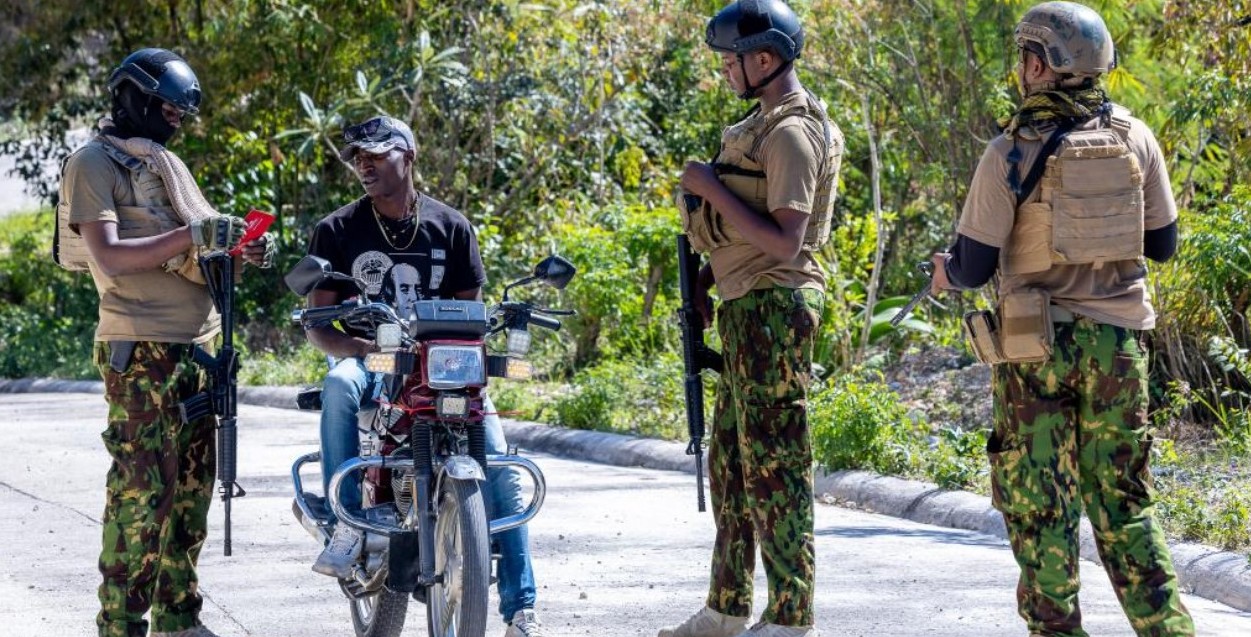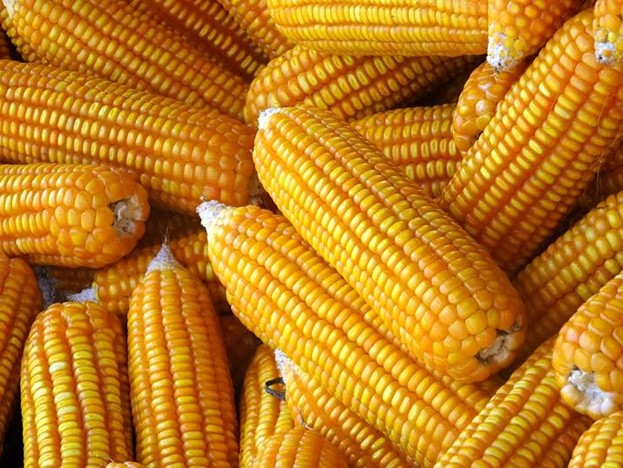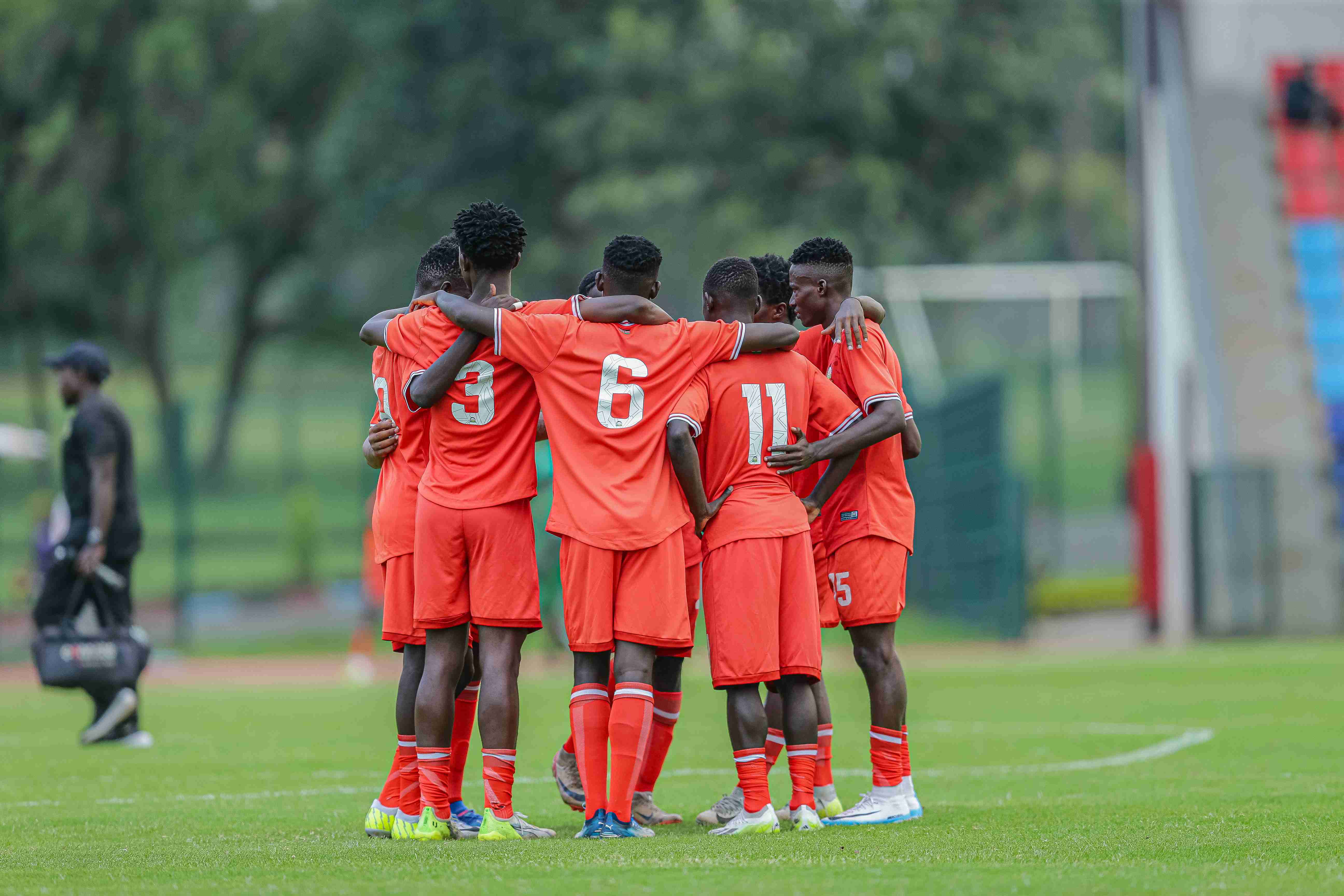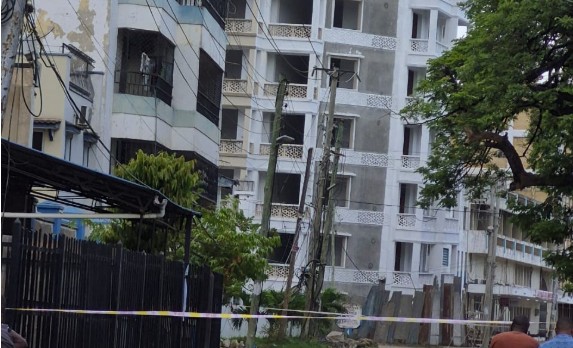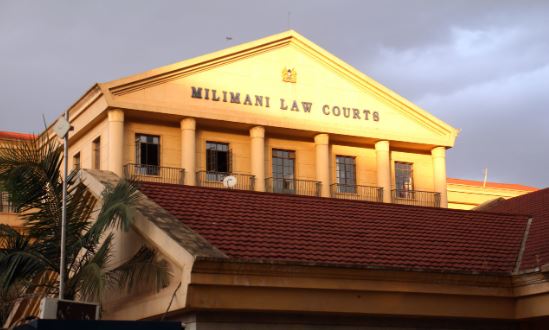12 Kenyan health institutions receive Sh44 billion from US Embassy amid USAID shutdown
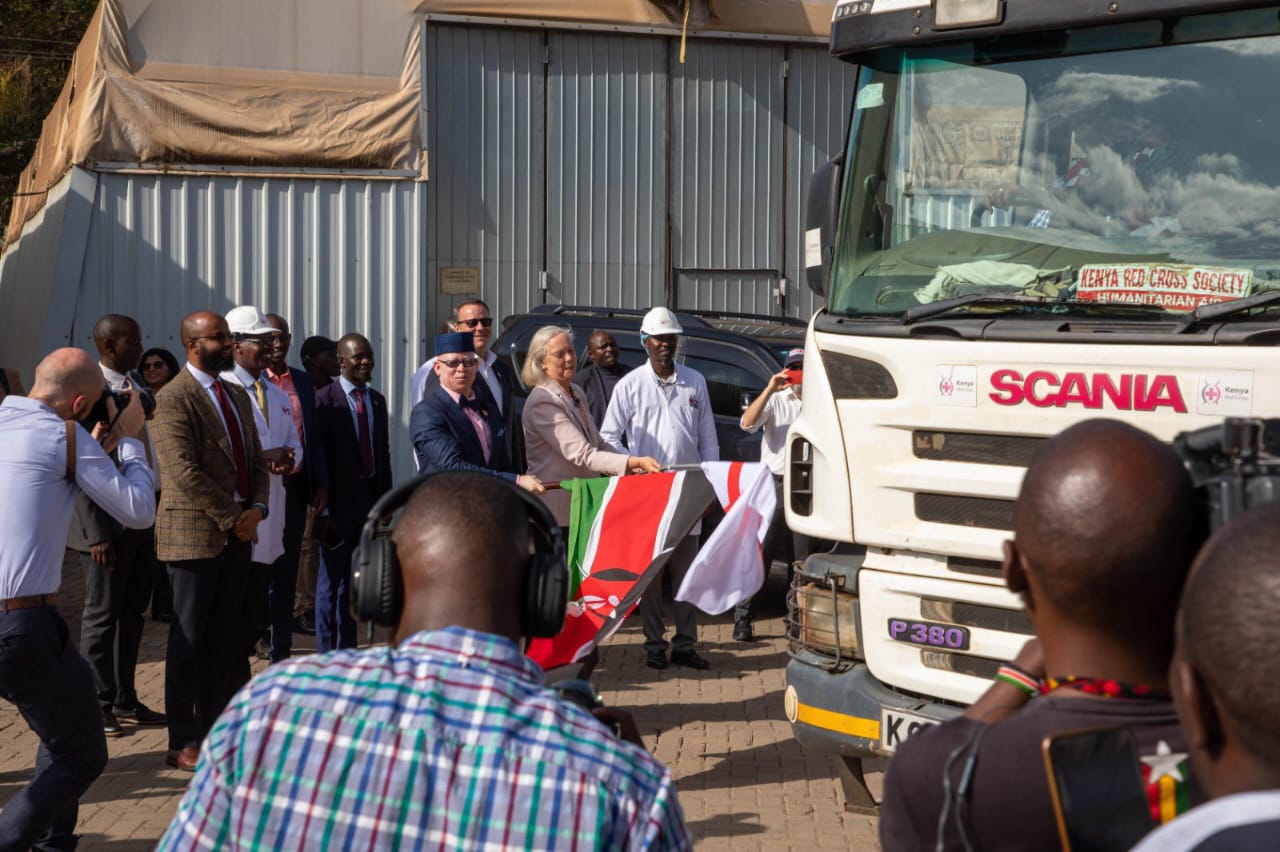
The funding comes at a crucial time when many of these organisations faced the threat of halting services due to a prolonged freeze in US support.
Twelve Kenyan health and development organisations have received a combined Sh44 billion from the US Embassy in Nairobi, offering critical financial relief amid the continued shutdown of the US Agency for International Development (USAID).
The funding comes at a crucial time when many of these organisations faced the threat of halting services due to a prolonged freeze in US support.
More To Read
- KEMSA releases ARVs targeting one million HIV patients after concerns over US aid cuts
- Health Ministry seeks Sh140 million to digitise HIV care, Sh5 billion to counter USAID cuts
- Kenya seeks Sh24.9 billion to replace US funding following aid freeze
- Kenya eyes local production of ARVs as concerns grow over donor funding risks
In an official memo to the US Congress dated March 21, 2025, Ryan Shrum, the Senior Advisor for Legislative and Congressional Affairs, disclosed the disbursements to various international partners, including 12 key institutions in Kenya.
Among the beneficiaries of the funding are organisations central to Kenya’s public health system, including LVCT Health, Technoserve, and Deloitte, which play key roles in the country’s HIV and tuberculosis response.
The Program for Appropriate Technology in Health received the largest portion of the funds, amounting to Sh7.5 billion. LVCT Health followed with Sh6 billion, while Deloitte was allocated Sh5.2 billion. Moi Teaching and Referral Hospital was also a major recipient, getting Sh5.1 billion.
The mission for Essential Drugs and Supplies (MEDS) was allocated Sh3.8 billion to support its work in managing essential medical commodities. Amref received Sh3.6 billion, and Moi University College of Health Sciences got Sh3.2 billion to sustain its health research and training programmes.
Further allocations included Sh2.9 billion to the Moi Teaching and Referral Hospital branches in Bungoma and Busia and Sh2.6 billion to the Christian Health Association of Kenya.
Technoserve received Sh2.1 billion, while the Centre for Health Solutions – Kenya (CHS) was given Sh1.3 billion. St John’s Community Centre in Pumwani, which also supports health-related community outreach, received Sh950 million.
Lifeline
The funding offers a significant lifeline to Kenya’s public health system, particularly the HIV response. Of the Sh80.5 billion needed for national health programmes, about Sh24.9 billion typically comes from the US government.
The funding freeze originated from efforts by the Trump administration to dismantle USAID. In February, a US federal judge halted these attempts, ruling that they likely violated the constitution.
Judge Theodore Chuang criticised the move, led by Trump ally Elon Musk’s Department for Government Efficiency (DOGE), citing constitutional violations “in multiple ways.”
Further judicial intervention followed in March when another judge ordered the government to compensate USAID partners for previously completed work, asserting that the president lacks “unbounded power in the realm of foreign affairs.”
However, the reprieve was short-lived. Last Friday, a US federal appeals court comprising three judges permitted the aid cuts to proceed. Judge Marvin Quattlebaum ruled that Musk’s directives were constitutional, having been approved by authorised agency officials.
Kenya’s Ministry of Health has documented the grave impact of the freeze in its report, Impact of the United States Government Stop Work Order. The policy document highlights how vital programmes supported by PEPFAR, USAID, and the CDC have suffered disruptions, undoing years of progress in treating HIV and enhancing public health.
“This vital support flows through a network of specialised service providers that ensure lifesaving interventions reach vulnerable populations,” the document reads.
“For example, the Mission for Essential Drugs manages commodities for HIV, TB, and malaria, while Imperial Managed Solutions (IMS) oversees family planning supplies. In parallel, UNICEF and the World Food Programme (WFP) are responsible for the distribution of nutrition-related commodities.”
Shrum informed Congress that USAID is currently managing 898 active programmes globally, valued at approximately $78 billion (Sh9.98 trillion), with an unspent balance of $8.3 billion (Sh1.06 trillion).
The initiatives mainly support strategic and lifesaving interventions such as global health activities and emergency food assistance.
Top Stories Today
